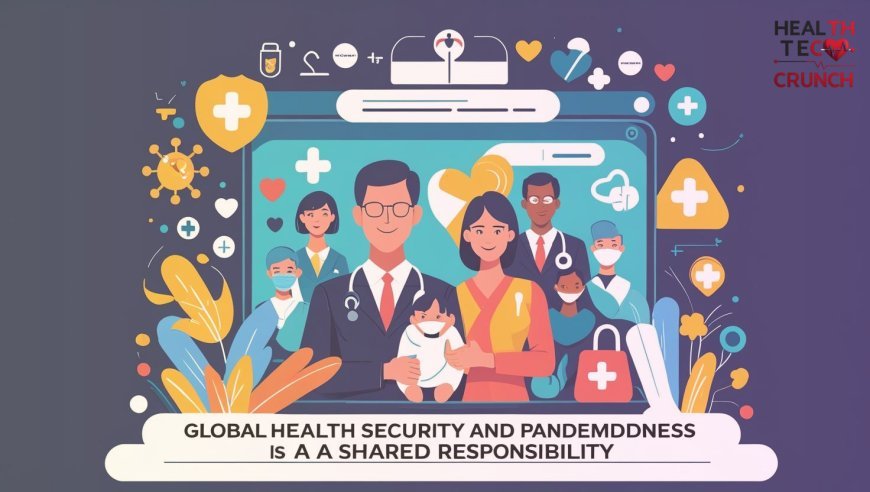Global Health Security and Pandemic Preparedness: A Collective Responsibility

Global Health Security and Pandemic Preparedness: A Collective Responsibility
The COVID-19 pandemic was a stark reminder that infectious diseases do not respect borders. In our interconnected world, an outbreak in one region can quickly escalate into a global crisis, impacting millions of lives and economies worldwide. This reality has brought global health security and pandemic preparedness to the forefront, emphasizing the urgent need for international cooperation and coordinated action to protect humanity from future threats.
Pandemic preparedness is about more than just having vaccines or treatments ready; it involves building resilient health systems, effective surveillance networks, and rapid response capabilities. Countries must work together to share information transparently and swiftly, enabling early detection and containment of emerging diseases. The lessons from recent outbreaks show that delays or lack of coordination can lead to devastating consequences, while proactive collaboration can save lives and reduce suffering.
Global health security is a shared responsibility that requires trust and solidarity among nations. No single country can tackle a pandemic alone. Resources, expertise, and technologies need to be pooled to ensure that even the most vulnerable communities have access to the tools necessary to prevent and manage outbreaks. This includes equitable distribution of vaccines, medical supplies, and training for healthcare workers.
Beyond immediate responses, pandemic preparedness demands ongoing investment in research and development. Understanding new pathogens, improving diagnostic tools, and developing innovative treatments are crucial to staying ahead of potential threats. This scientific progress thrives best when countries and institutions collaborate openly, breaking down silos to accelerate solutions.
Community engagement is another critical aspect. Public trust in health authorities and transparent communication are essential for the success of any intervention. People need to feel informed and empowered to take preventive measures, seek timely care, and participate in vaccination campaigns. Building this trust requires cultural sensitivity, addressing misinformation, and fostering partnerships between governments, civil society, and local leaders.
The economic and social fallout from pandemics underscores the importance of integrating health security into broader policy frameworks. Preparedness efforts should align with strategies for economic recovery, social protection, and environmental sustainability. After all, health does not exist in isolation-it is intertwined with every aspect of human life.
While challenges remain, the global community has made significant strides in strengthening pandemic preparedness. Initiatives that promote cooperation, fund emergency response capacities, and support health infrastructure have laid important groundwork. However, continuous vigilance is necessary because new threats will inevitably emerge.
In the end, global health security is a collective endeavor rooted in empathy and shared humanity. The health of one affects the health of all. By embracing this interconnectedness and committing to collaboration, we can build a safer world where communities are better equipped to face infectious diseases and protect the well-being of generations to come.


























